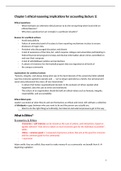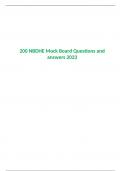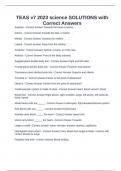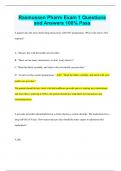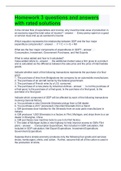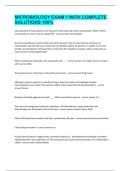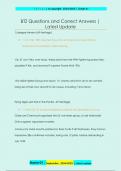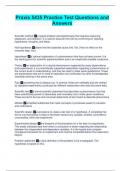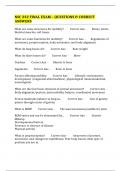Summary
Summary Accounting and Business Ethics FEM11111
- Course
- Institution
- Book
Summary of all the 6 lectures of the course. In which I have provided the first two lectures with additional information by including a summary of the chapters in the book.
[Show more]
